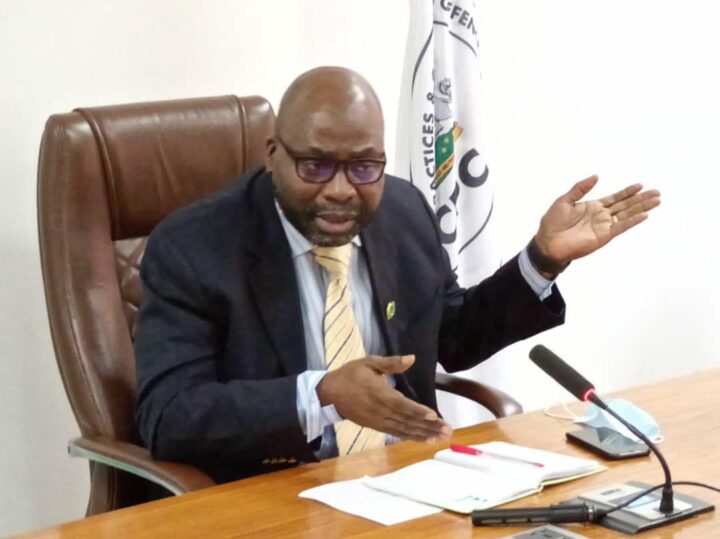The Independent Corrupt Practices and Other Related Offences Commission (ICPC) says it recovered 301 “illegally acquired” houses from two public officials in the federal capital territory (FCT).
Bolaji Owasanoye, ICPC chairman, disclosed this on Thursday at an investigative hearing organised by the house of representatives ad hoc committee on the operations of real estate developers in the federal capital territory (FCT).
Speaking at the event, Owasanoye said the commission has received several petitions on sharp practices in the industry.
He said the lack of proper documentation and registration of lands and estates in the FCT has resulted in corruption in the sector.
Advertisement
“Even though we have not aggregated the numbers that relate to land matters, we have, however, received a number of petitions from stakeholders in the real estate and housing sector, off-takers, prospective buyers and the general public regarding the behaviour and antics of real estate developers within the FCT, and sometimes outside of the FCT on this very important subject matter,” he said.
“These complaints and petitions are varied; they border on forgery, the closing of land documents, double or multiple land allocations, allocation of land without the minister’s approval, revocation of land title without due process, non delivery of projects, embezzlement of sourced capital, land racketeering, the use of land syndicates and speculators, the marketing of fake layouts, fraudulent allocation of land, inordinate delay in processing of land documents for those who subscribe to their projects, general abuse of office, and other related issues and challenges.
“Corrupt public officers use real estate investment as a vehicle for hiding ill-gotten wealth and money laundering. Public officers acquire estates in pseudonyms to conceal the illegal origin of funds.
Advertisement
“The commission has, for example, a case in which 241 houses were recovered from a public officer and another one in which we recovered 60 buildings on a large expanse of land from a public officer”.
Also speaking, Daniel Esei, deputy director, Economic and Financial Crimes Commission (EFCC), said the agency should be empowered to sanction persons found guilty of money laundering.
“EFCC should be given clear powers to be able to mete out administrative sanction on all erring entities as effective, dissuasive and proportionate sanctions as tools in ensuring that there is a sound and a robust anti-money laundering regime,” he said.
Advertisement
Add a comment






